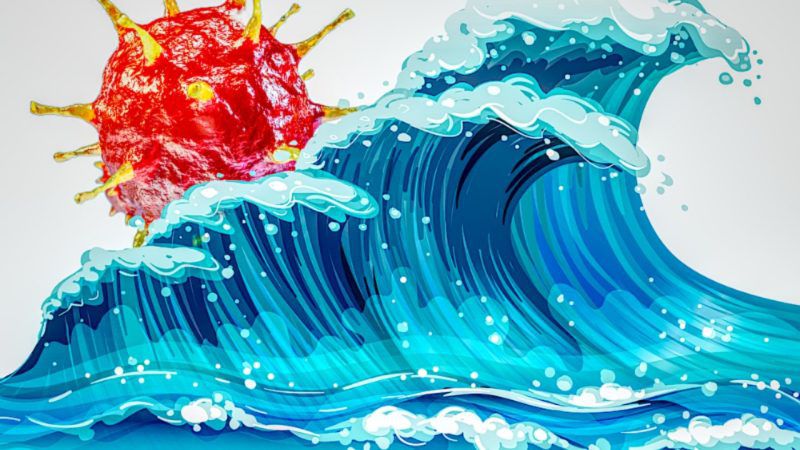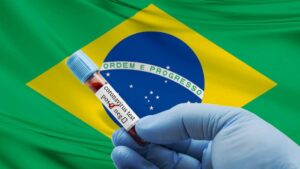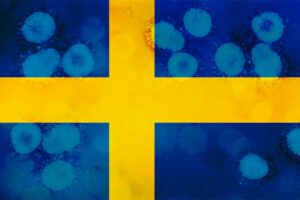For many health specialists in Montreal, a second wave of COVID-19 infections isn’t a matter of if but when and how bad it will be, while some epidemiologists believe the second wave may already be underway. Many of these experts also said the severity and duration of that wave can be kept under control and that it is not a foregone conclusion that Quebec will again fare worse than the rest of the country.
 Those observations are based on the answers that 170 medical doctors, epidemiologists, public health experts and medical researchers provided to CBC Montreal in an informal survey circulated earlier this month. Of the 170 who answered, two-thirds indicated that a second wave was „very likely.” A further 24 per cent said it was „somewhat likely.” The concept of a second wave is contested and carries different meanings. It should be understood here at its most basic level: another sustained increase in infections.
Those observations are based on the answers that 170 medical doctors, epidemiologists, public health experts and medical researchers provided to CBC Montreal in an informal survey circulated earlier this month. Of the 170 who answered, two-thirds indicated that a second wave was „very likely.” A further 24 per cent said it was „somewhat likely.” The concept of a second wave is contested and carries different meanings. It should be understood here at its most basic level: another sustained increase in infections.
There have been some indications that a second wave could already be underway in Quebec. After peaking in late April and early May, the rolling average of new cases in the province reached its lowest point in the final days of June. But the average has climbed steadily since the start of July, and now stands at more than 150 new cases per day. The Quebec government said despite the increase in cases, the public health situation remains under control and pointed to the low number of deaths and hospitalizations. But Benoît Mâsse, a professor at the school of public health at the University of Montreal, cautioned that the increase in hospitalizations will likely come later and expects infections will increase for several more weeks.
Other experts in Montreal are more reluctant to offer predictions. They stress that because the virus is new, there is a lack of data allowing them to anticipate infection patterns. Janusz Kaczorowski, a professor and research director in the department of emergency and family medicine at the University of Montreal, pointed out that many of his colleagues initially expected infections to decrease over the summer months, much like the flu, another virus thought to be transmitted by airborne droplets. „It doesn’t look like COVID is necessarily following the same pattern as the annual influenza. It is a different animal,” Kaczorowski said.
While experts maintain another round of infections is inevitable, they say its severity will depend on government policy and the willingness of the public to follow guidelines. Not only do scientists know much more about COVID-19 than they did six months ago, but the public is also better informed about hygiene measures and elected officials also have a wider range of policy tools at their disposal. „I think everybody’s learned a lot,” said Dr. Brian White-Guay, a public health and family medicine specialist who teaches at the University of Montreal. „It’s likely that things would be handled differently in a second-wave setting.”




